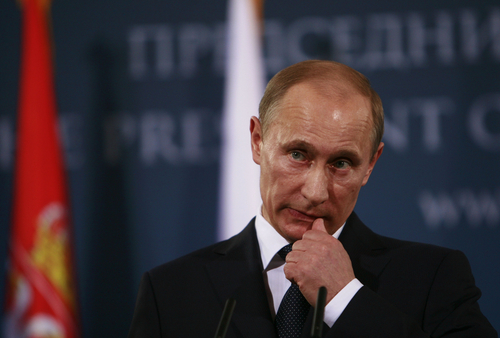The Russian military’s potential withdrawal from Syria’s Tartus naval base signifies a pivotal moment in the country’s geopolitical positioning. If the navy leaves it would be a massive strategic shift for Russia. How will Moscow project power in the Med without Tartus?
Rebel Advancements and Russian Responses
Russian airstrikes hit Aleppo for the first time since 2016 as rebel fighters made significant gains in the city. Hayat Tahrir al-Sham (HTS), backed by Turkey, led the offensive seizing nearly all of Aleppo, except Kurdish-controlled neighborhoods. Losses included military assets and heightened opposition resilience, challenging Moscow’s strategic victory of recapturing Aleppo in 2016. Russian airstrikes, described by “Joint Syrian-Russian warplanes,” intensified on strategic insurgent positions to counter the advance.
Over 300 individuals have died amid the renewed fighting, including significant civilian casualties. The withdrawal of Syrian military forces aims to “reinforce defensive lines” in anticipation of mounting rebel pressures, emphasizing the urgency and complex dynamics on the ground. Russia’s broader military presence remains largely aerial, with reduced on-ground flexibility to address insurgent threats and regional instability.
#BREAKING Russia appears to be evacuating its naval assets from Syria’s Tartus port, a strategic military base on the Mediterranean.
On December 2, 2024, the Russian auxiliary ship Yelnya left Tartus, with reports of two frigates, an auxiliary, and a submarine also departing.… pic.twitter.com/4BpsribVcS
— Clash Report (@clashreport) December 3, 2024
Impact on Tartus Naval Base
Russia’s Tartus naval base stands as a crucial foothold for supporting the Assad regime and Russia’s broader ambitions. However, with the Syrian civil war now reversing against the Assad regime, the base’s operational stability faces imminent threats from advancing opposition forces.
The Russian Navy ship Yelnya’s departure from Tartus signals a possible strategic reassessment or evacuation as Russian sources suggest, highlighting a “realistic possibility that the departure is related to the worsening situation in Syria.”
The strategic importance of Tartus in projecting Russian power across the Mediterranean could see significant recalibration if military operations continue to escalate without satisfactory resolution. Such developments inherently risk weakening Russia’s geopolitical influence, potentially diminishing its proactive roles against NATO activities across the region.
The war is reaching a new stage. Looks like the US is directly destabilizing Russia's proxies and removing its influence in strategic areas. Russia operates a naval base in Tartus, Syria and airbases around Latakia. They, of course, have helped prop Assad up for years, with… https://t.co/VJrN2wFTT0
— Quantus Insights (@QuantusInsights) November 30, 2024
Broader Geopolitical Implications
Russia’s diminished military flexibility and the exposed vulnerabilities in Assad’s defenses present long-term geopolitical challenges. These considerations intensify amid global scrutiny following the 2022 Ukrainian conflict. Ensuring regional influence requires careful strategic reallocations, while maintaining Syria’s operational theater remains uncertain. The evolving geopolitical landscape underscores potential risks to international security and raises complex questions concerning Russia’s enduring influence in the region.
The nature of military deployments will likely feature as a critical facet of ongoing diplomatic dialogues and defense strategies. Given the HTS offensive’s impact and Moscow’s struggle to swiftly launch air sorties, Russia remains poised at a decisive crossroads necessitating durable solutions for sustained operational influence.

